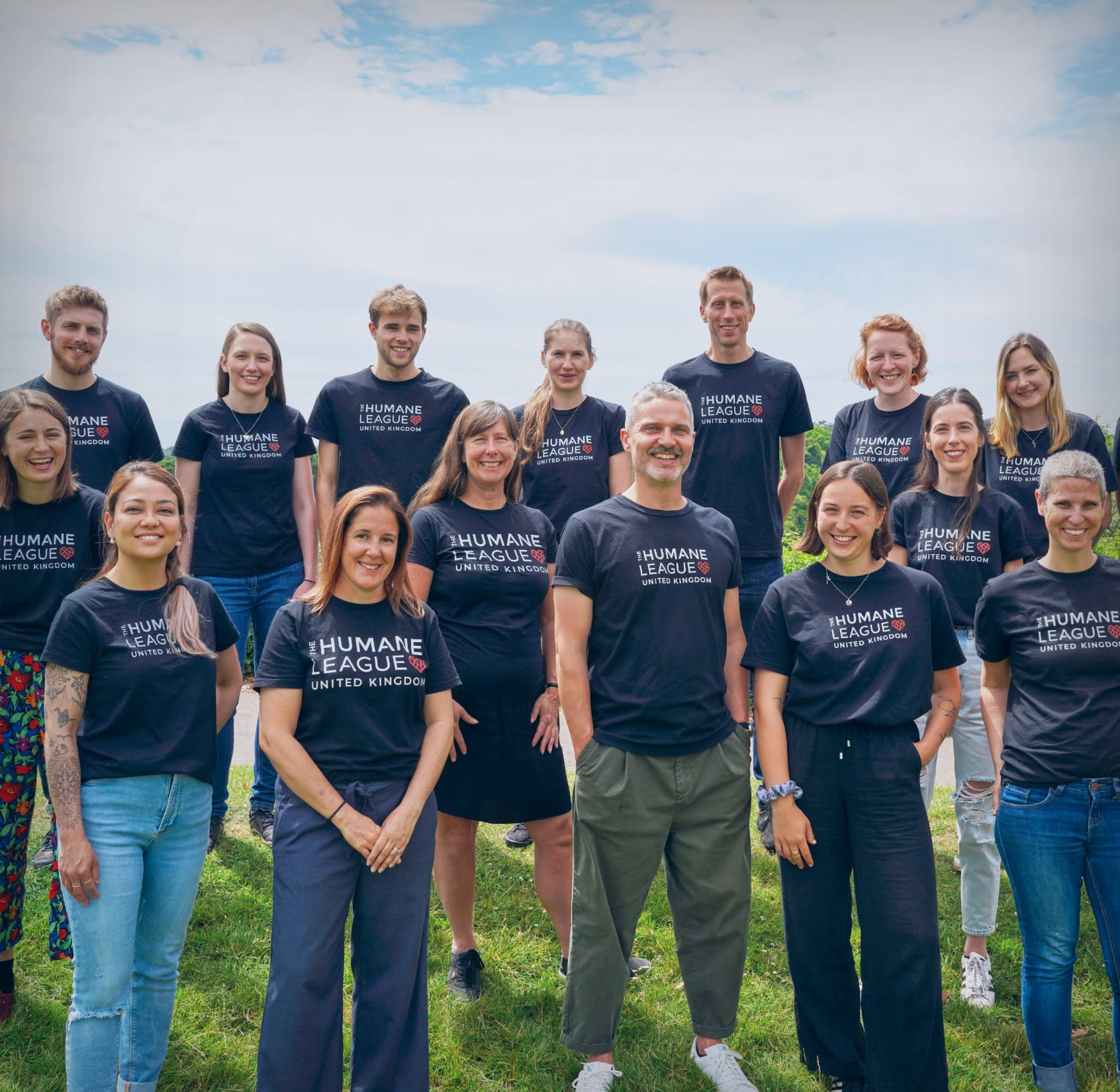




The importance of inclusive recruitment and what we're doing about it.

We are committed to Diversity, Equity, and Inclusion in all areas of our work and this includes our recruitment practices. But what does this actually mean, why is it important, and how are we doing it?
Let's start by defining what we mean by Diversity, Equity and Inclusion.
Diversity means we celebrate individual differences amongst our workforce.
Equity acknowledges that everyone has different needs, experiences, and opportunities. It recognises that advantages and barriers exist and that, as a result, we don’t all start from the same place. When we are equitable, we strive to identify and eliminate barriers that have prevented the full participation of some groups.
Inclusion means people with different identities feel and are valued, leveraged, and welcomed. We aim to provide an inclusive and welcoming environment that embraces differences and offers respect in words and actions for all people.
Why is inclusive recruitment important?
Diversity within a team brings numerous benefits, including:
- Having a broader range of skills, expertise, viewpoints and experiences; which in turn can enhance creativity and innovation
- Improved decision-making
- Increased adaptability and problem-solving
- Higher employee engagement, satisfaction, and retention.
Unfortunately, traditional recruitment practices can discourage diverse candidates. They also have the potential to be very subjective in their selection processes. For example, deciding on the criteria for what a suitable candidate is can sometimes be ambiguous, leading to the possibility of introducing biases during the decision-making process.
What does inclusive recruitment look like?
A good recruitment process embeds inclusive and equitable practices into all stages; from writing a transparent and realistic job description, to creating interview questions and selection processes that reduce the influence of bias.
It's also vital to ensure that anyone involved in recruitment is appropriately trained to uphold the standards that are required.
What are we doing at THL UK?
Here are some of the ways we have ensured that each part of our process is inclusive.
Role design and job advert:
- We focus on the actual skills and competencies required to be successful in the role, therefore opening the role out to a more varied pool of candidates.
- We check for exclusionary language, such as gender coded words, which are words and phrases associated with a particular gender and are often based on stereotypes. This is to prevent candidates from being discouraged to apply because they feel they do not meet the requirements fully, as is very common in women who have been shown to submit fewer job applications than men.
- We only ask for qualifications if we feel they are really necessary. For example, for a finance-based or animal welfare specialist role.
- We ensure that our benefits are clearly described. This includes flexible working hours, family friendly policies, and mental health support. We hope this encourages people with extra responsibilities or additional needs to apply.
- Our salaries are fair and equitable. We are transparent about what they are and why. We also have a no negotiation policy on salaries to avoid higher salaries being given to individuals simply because they have the confidence to ask, versus those who may not feel comfortable to or those who may not be in a position to do so.
- Our job adverts always clearly lay out the recruitment process. This allows all candidates to make decisions based on the process and feel assured about what will happen next. Details also can be beneficial to individuals who identify as neurodiverse or someone with mental ill-health to whom the unknown can be unnerving.
- We offer reasonable adjustments, which are changes made with the aim of removing or reducing barriers experienced by an individual. This is always clear in our job advert and we are proactive about asking candidates again at all stages of recruitment. Adjustments could include things such as extended times for skills tests or interviews, or having a British Sign Language interpreter at an interview.
- We host a recruitment webinar for all our roles so that interested candidates can attend and ask any questions about the role or the organisation. This helps candidates to be fully informed before applying or taking part in our recruitment process. The recording of the webinar is available for all interested candidates to review.
Selection Process
- We use a structured review process. This means that applications at all stages are scored against pre-agreed criteria which limits subjectivity. The criteria are based on requirements deemed essential for the role such as direct experience or transferable skills and these will always be clearly laid out in the job advert and discussed during our hiring webinars.
- The first stage of the interview process for candidates is a skills based test which is carried out remotely. We are aware that interviews can be intimidating for some people who, as a result, may struggle to showcase themselves as well as others. We want to ensure everyone is given equal opportunity to share their skills. The skills tests are marked anonymously so they can be assessed without bias.
- Our interview scheduling is always flexible.
- Our interview panel are required to take some training before the interviews commence. This training includes unconscious bias training and reminders about what is and isn’t acceptable to assess in an interview. This ensures candidates will not be judged on things like body language which could result in making unfair judgements about candidates with anxiety, neurodivergent candidates, or candidates from cultures that don’t share the same body language preferences.
- Our hiring panel is asked not to research candidates or solicit feedback from others who may know them.
- Our interviews, like every other stage, are structured. The interview panel will have a set list of questions to work through that have been devised based on the key competencies required for the role.
Monitoring and measuring
- We ask all candidates to take part in an anonymous survey that helps us to monitor if we are reaching a diverse pool of applicants. Completing the survey is optional but really helps us to improve our efforts in creating a diverse, equitable, and inclusive workplace.
- We send out post recruitment surveys to all candidates that reach the interview stages. We really care about the hiring experience of all our applicants and think the best way we can learn and improve is to get direct feedback from the applicant’s perspective. The survey is anonymous and optional. The information provided is used to assess our hiring process and enable us to identify where we are doing things well and where we need to improve.
Summary
A good hiring process does not happen without intention, but when carried out well it is fairer for candidates, supports more equitable outcomes, and is an essential step towards building a stronger and more successful organisation.
Recruitment is just one aspect of how we are committed to Diversity, Equity, and Inclusion. You can read more about what we're up to here.
Have we missed anything? If you have any suggestions on how to make our recruitment process more inclusive, we’d love to hear from you. Email us at hiring@thehumaneleague.org.uk.

 Katie Facia
Katie Facia






